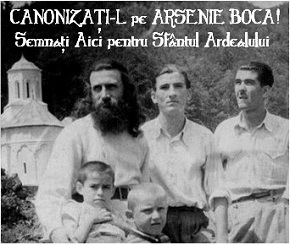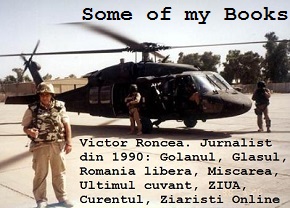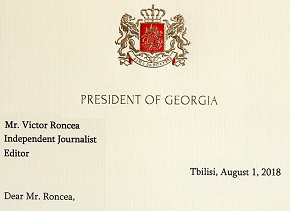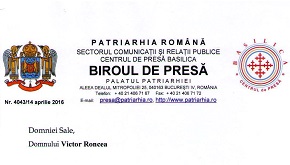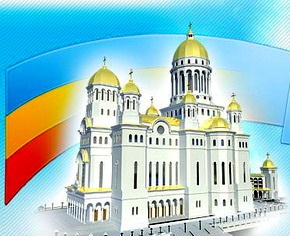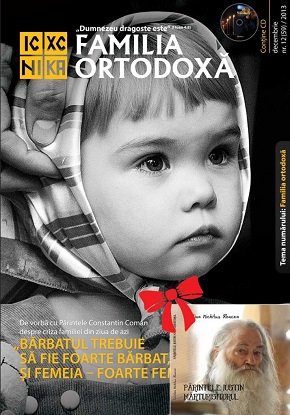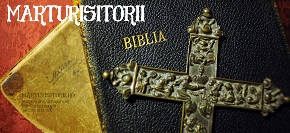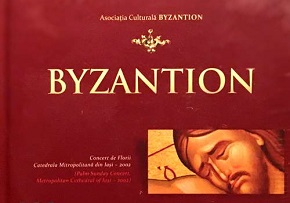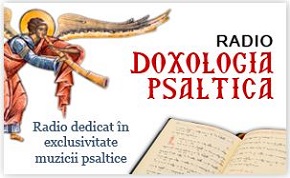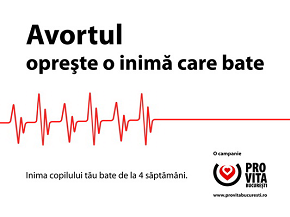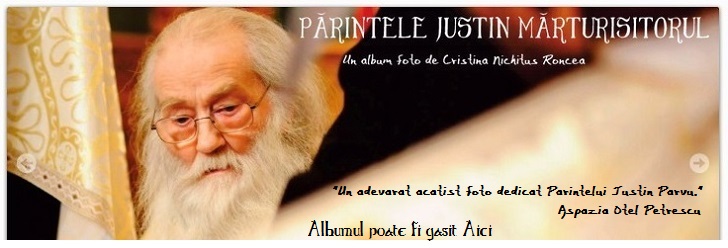
 Realitatea.net: Rezultate preliminare oficiale de la Comisia Electorală Centrală mai arată că în rândul celorlalte formaţiuni politice care au depăşit pragul electoral trece în faţă partidul lui Marian Lupu, PDM, cu 12,7% din sufragii, urmat de PLDM cu 11,6%, PL cu 7% şi AMN 5,5%.
Realitatea.net: Rezultate preliminare oficiale de la Comisia Electorală Centrală mai arată că în rândul celorlalte formaţiuni politice care au depăşit pragul electoral trece în faţă partidul lui Marian Lupu, PDM, cu 12,7% din sufragii, urmat de PLDM cu 11,6%, PL cu 7% şi AMN 5,5%.
Ca şi la alegerile din 5 aprilie, primele rezultate oficiale arată o răsturnare spectaculoasă a situaţiei faţă de proiecţiile exit-pollului, favorizând comuniştii.
Potrivit rezultatelor sondajului efectuat la ieşirea de la urne, Partidul Comuniştilor din Republica Moldova (PCRM) s-a clasat pe primul loc în urma scrutinului legislativ anticipat desfăşurat miercuri, obţinând 40,5 % din voturi, ceea ce-i va aduce 43 de mandate, o majoritate insuficientă pentru validarea guvernului şi alegerea şefului statului.
Pe locul al doilea s-a clasat Partidul Liberal Democrat din Moldova (PLDM) condus de Vladimir Filat, cu 17,6% din sufragii, urmat de Partidul Liberal (PL), al cărui cap de listă este primarul Chişinăului, Dorin Chirtoacă, cu 16,5% din voturi, şi de Partidul Democrat (PD) al lui Marian Lupu, fostul preşedinte al Parlamentului, care a plecat în urmă cu aproape două luni din Partidul Comuniştilor. Formaţiunea sa a obţinut 12,8% din voturi. Cel de-al cincilea partid care a reuşit să treacă pragul electoral de 5% este Alianţa Moldova Noastră, partidul condus de Serafim Urechean, creditat cu 8% din voturi.
By CORNELIU RUSNAC, Associated Press Writer Corneliu Rusnac, Associated Press Writer
The poll by the Institute for Public Politics projected that four center-right opposition parties won 54.9 percent of the vote in parliamentary balloting widely seen as a referendum on whether to linger in Russia’s loose orbit or edge toward the European Union.
It said President Vladimir Voronin’s Communists — who have held power since 2001 — were trailing with 40.5 percent.
The institute said the poll was based on interviews with about 17,000 voters in 200 polling stations around Moldova. It had a margin of error of plus or minus 2 percentage points.
Alexandru Tanase, deputy chairman of one of the opposition blocs — the Liberal Democratic Party — confirmed that all four would negotiate on the formation of an alliance.
“The conclusion is that the Communist Party lost the elections after an exhausting campaign where there were enormous pressures not just on the political parties but also on the ordinary people,” he said.
If official results confirm the projections, the opposition would be in a position to form a government if they forge an alliance, but still might have to negotiate with the Communists on a successor to Voronin.
Parties need to win at least 5 percent of the vote to earn a place in the 101-seat parliament. Three parties failed to do so, meaning their votes would be redistributed — a move that likely will boost the opposition’s vote haul.
Voronin criticized the exit pollsters, suggesting they were criminals, and he urged Moldovans to “be patient, attentive and disciplined and wait for the results.”
Moldova has been in political paralysis since April parliamentary elections sparked violent protests, with the opposition claiming that vote had been rigged by the government.
At least three people were killed and hundreds of others arrested after protesters — some of whom used the social network Twitter to organize after cell phone networks went down — stormed parliament and the president’s office after the April vote.
A pro-Europe victory would move Moldova closer to the EU and NATO.
It also would help Moldova repair relations with neighboring Romania. Voronin accused Romania of trying to overthrow his government during April 7 riots, and Moldova subsequently imposed visa requirements on Romanians. Moldova was part of Romania until 1940, and gained its independence after the 1991 breakup of the Soviet Union.
“This is the most important thing for us in power,” Voronin said as the projections came in. “This is the most important achievement — that we were able to organize civilized and democratic elections.”
Turnout in the first 12 hours was slightly more than 49 percent, the Central Electoral Committee said.
In an effort to discourage any attempts at vote fraud, more than 3,000 foreign and Moldovan observers were monitoring Wednesday’s elections.
A member of the opposition Our Moldova Alliance, Sergiu Bumbu, was shot in the leg near the capital, Chisinau, by a man accompanied by two Communist Party politicians. An argument had broken out over allegations the Communists were breaking election rules, said Leonid Bujor, a spokesman for Our Alliance Party.
Interior Ministry spokeswoman Ala Meleca confirmed the shooting and said police were investigating. The Communist Party declined comment.
During April’s ballot, the Communist Party led by Voronin — who has been president since 2001 — took the most votes but failed to win enough parliamentary seats to elect a successor. Voronin already has served the maximum two terms. After the violent protests, opposition parties boycotted the vote in parliament for a new leader.
Twice, lawmakers failed to vote in a president. That led to parliament being dissolved, which in turn triggered Wednesday’s election.
Moldova’s president wields considerable power and influence. The president heads the armed forces and border police and can fire ministers, although he needs parliament’s approval to dismiss a prime minister. The president also can return legislation to parliament.
The current vote was overshadowed by the world economic downturn, which has exacted a heavy toll on Moldova. The country’s average monthly wage is only $350 (euro245), and the International Monetary Fund has warned that its gross domestic product will tumble 9 percent this year.
“On one hand, we either have European integration, or if the Communist Party continues in power, then we have the same situation as we had up to now: no proper reforms, only political statements that do not correspond to reality,” said Vlad Lupan, a political analyst.
Ivan Mihailicenko, a 68-year-old retiree from Chisinau, said he voted for the Communists. “Only the Communists can give us stability and order in the country. … The opposition will only bring chaos and destruction.”
But accountant Andreea Gaibu, 28, said the country needed reform.
“We urgently need change; things can’t go on like this. We saw what the Communists were like when three people died in the protests. Things need to get back to normal. We need a free press and a free economy.”
___
Associated Press Writers William J. Kole in Vienna and Alison Mutler in Bucharest, Romania, contributed to this report.
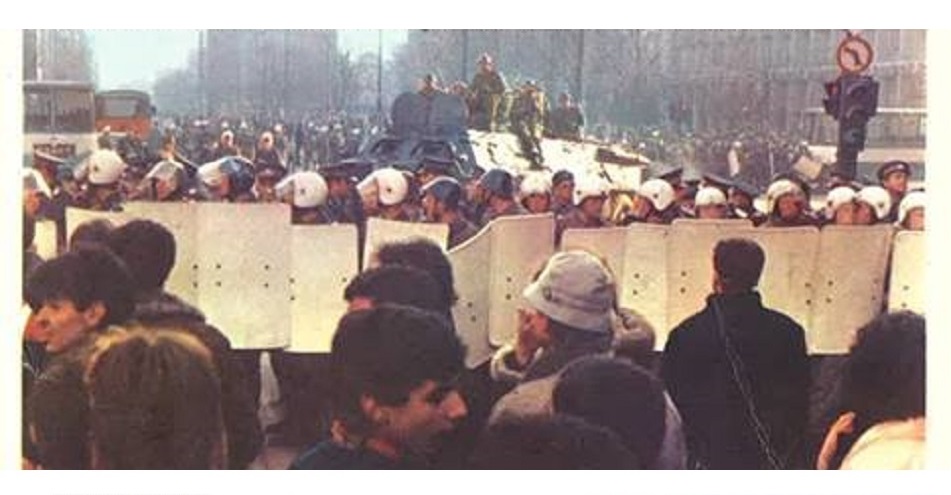
 July 29th, 2009
July 29th, 2009  VR
VR 
 Posted in Uncategorized
Posted in Uncategorized  Tags:
Tags: 






